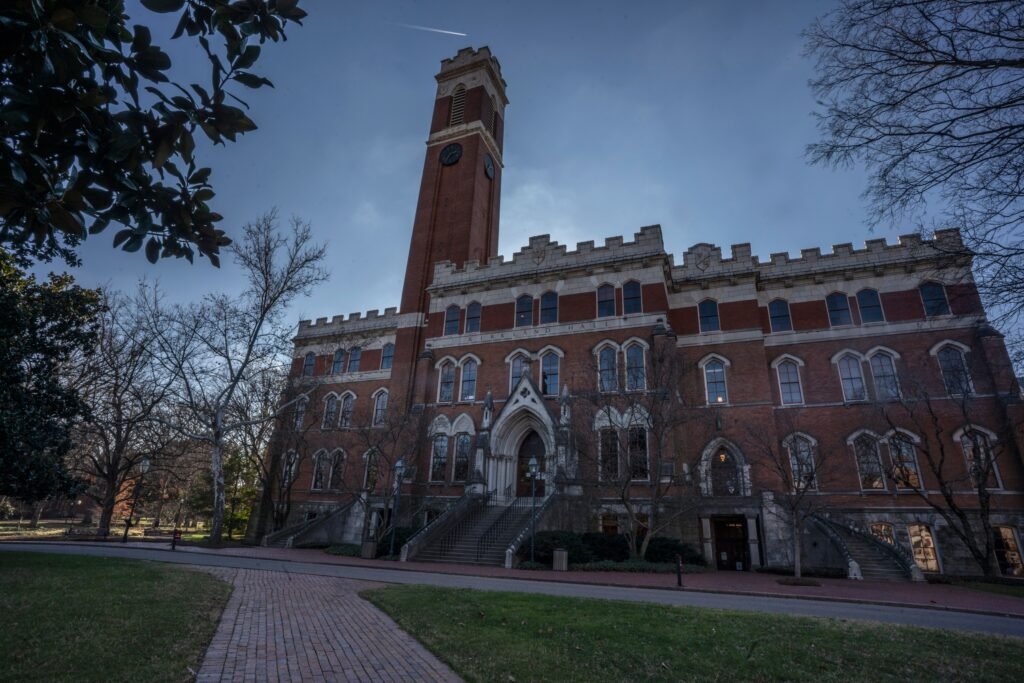Reflecting on July Celebrations
When those fireworks light up the night sky in July, it’s more than just a date marked on our calendars. It’s a celebration of a bold rebellion, a nod to radical ideas that flipped society on its head.
The American Revolution represented more than a conflict over taxes. It was a profound political, moral, and philosophical uprising about the rights that monarchs claimed. The people declared themselves not subjects of a crown, but citizens of a Republic. Influenced by Enlightenment thinkers like John Locke, they believed that government should be based on the people’s consent, asserting that freedom is an inherent right, not something granted by a king.
This revolution was as much about the heart as it was about the battlefield. When the founders signed the Declaration of Independence, they listed grievances against King George III, accusing him of obstructing laws, disbanding representatives, and establishing “an absolute tyranny over these states.” Rings any bells?
At the close of the Constitutional Convention, Benjamin Franklin was asked about the nature of the government they had created. He replied, “A Republic—if you can keep it.” Today, two and a half centuries later, that question feels more pressing than ever. Can we keep it?
Right now, our nation is facing turmoil. The divisions we see echo the unrest that predated the Civil War, a time when slavery and sectionalism tore the nation apart, revealing the moral failures of compromise. From the violence in Kansas to the Dred Scott decision, history shows what happens when laws are twisted to deny humanity instead of safeguarding it.
We’re now confronting a different set of perilous challenges. There’s a growing demand for strong leaders—those who control the narrative and present a façade of grace. Some even fantasize about governing through divine rights rather than popular consent. They call themselves patriots, but it feels more like a worship of power rather than a celebration of freedom.
Thomas Jefferson cautioned against the dangers of “Congressional tyranny.” Meanwhile, James Madison pointed out in Federalist 10 how passion and resentment could undermine the very foundations of the Republic. George Washington, in his farewell address, urged future generations to remain vigilant against demagogues and the “party spirit” that blinds citizens to the truth.
Ignoring these warnings has been risky.
Today, truth feels abandoned, twisted beyond recognition. Lies aren’t just quiet whispers; they’re loud and boisterous. Public officials, who once swore to uphold the Constitution, are yielding to the pressures of mobs and money. Many Americans, exhausted and disillusioned, fear that the republic is already slipping away.
Yet, resistance is crucial; it is essential.
To preserve this republic, we need to do more than wave flags. We must shed indifference and advocate for freedom and justice for everyone—not just those who share our views, appearances, or beliefs. It’s vital to remember that courage built this nation, and it was compromise that enabled its growth—not cruelty. The truth isn’t subjective; freedom isn’t a guarantee.
Lincoln’s words resonate: “A house divided against itself cannot stand.” So, let’s choose not to be naive or unprincipled, but to rise above division.
This Independence Day, let’s make a conscious choice. The time to decide is now.
Will we continue as free citizens of the Republic?
Or will we become subjects of fear, enticed by promises of order while sacrificing our freedom?
The answer doesn’t lie in Washington. It must come from us.







